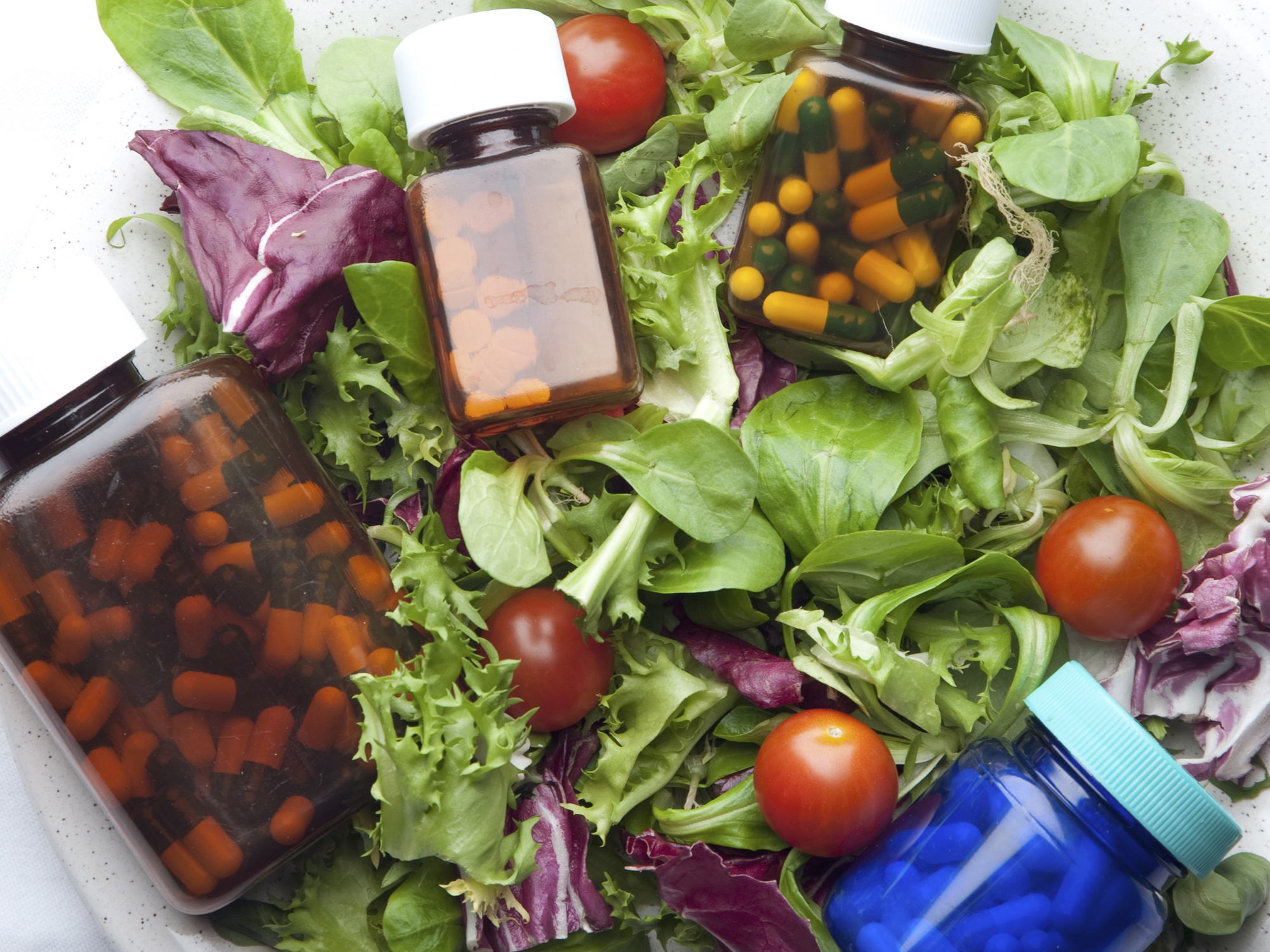Get Easy Health Digest™ in your inbox and don’t miss a thing when you subscribe today. Plus, get the free bonus report, Mother Nature’s Tips, Tricks and Remedies for Cholesterol, Blood Pressure & Blood Sugar as my way of saying welcome to the community!
Are your vegetables laced with prescription drugs?

Are your vegetables laced with prescription drugs?
Even if you avoid prescription drugs (and their side effects) at all costs, you can never truly get away from them.
Prescription drugs have been seeping into your water supply for years… and now they’re even in your vegetables.
You may be wondering how the heck prescription drugs make it from your neighbor’s medicine cabinet to your steamed broccoli, so let me explain…
Water is scarce these days, which means a lot of metropolitan areas use reclaimed wastewater for things like watering golf courses, landscaping and — yes — even crop irrigation.
Since loads of people take prescription drugs daily, wastewater contains traces of these drugs from their urine. Also, some people use the toilet or drain to dispose of unused medication they don’t know what to do with. Traces of these drugs survive beyond the wastewater treatment process and apparently even further than that…
Researchers from the Hebrew University of Jerusalem and Hadassah Medical Center confirmed that produce irrigated with wastewater contains traces of prescription drugs — specifically the drug carbamazepine, which is used to treat seizures.
“Treated wastewater-irrigated produce exhibited substantially higher carbamazepine levels than fresh water-irrigated produce,” said Professor Ora Paltiel, Director of the Hebrew University-Hadassah Braun School of Public Health and Community Medicine, and lead researcher in the study.
Researchers studied 34 men and women, asking half of them to eat wastewater-treated produce and the other half to eat freshwater-treated produce. After a week, researchers tested the urine of these individuals and found that those eating the wastewater-treated produce had significantly higher concentrations of carbamazepine in their urine.
People who intentionally take carbamazepine commonly experience side effects like dizziness, drowsiness, nausea, vomiting, feeling unsteady, dry mouth, swollen tongue, constipation or a loss of balance or coordination. But more severe side effects are possible…
Some people experience blurred or double vision, involuntary eye movements, a lupus-like syndrome or toxic epidermal necrolysis (a disorder where the top layer of skin detaches from the bottom layer of skin and leaves you prone to infection).
Of course, you’re not getting as high a dosage in your salad as people popping prescription pills, but you get the picture. Prescription drugs come with risks… even through long-term, low-grade exposure like eating them in your vegetables every day.
The bad news is, at this point, even organic produce can be treated with wastewater (and probably is) — especially in drought-stricken California, where most of the country’s produce is grown.
So these days, if you want prescription drug-free produce, your best option is to start a backyard vegetable garden in a raised bed with clean, organic soil and a fresh water source… or you can get to know your local grower and find out where they are getting their water.
Seriously considering regular detox cleansing is not a bad idea either.












